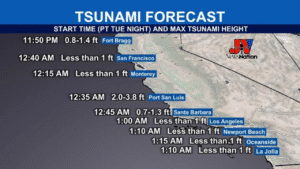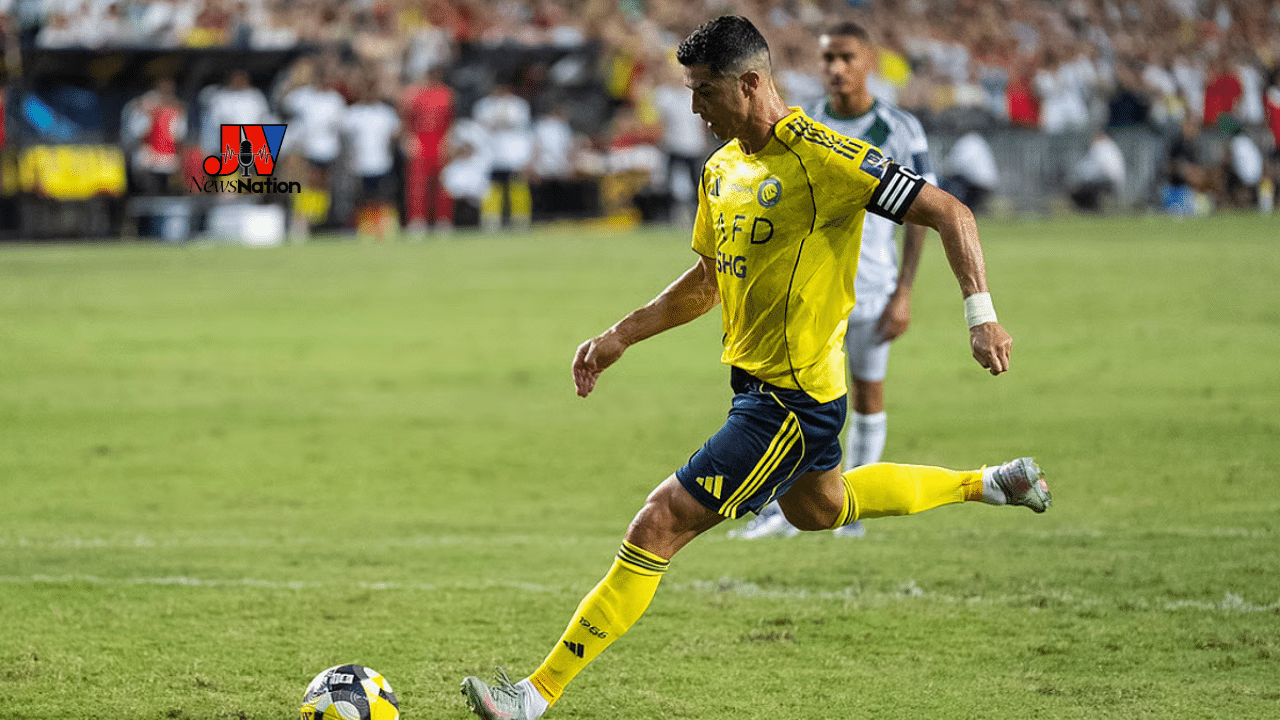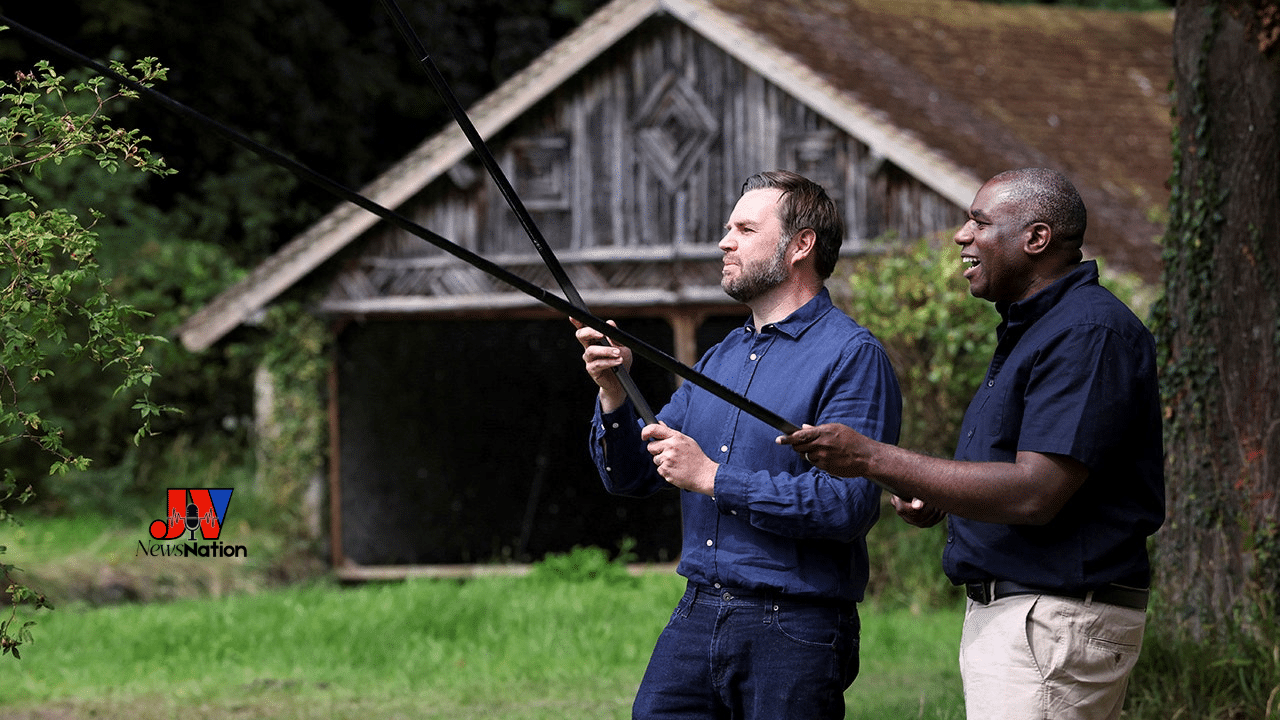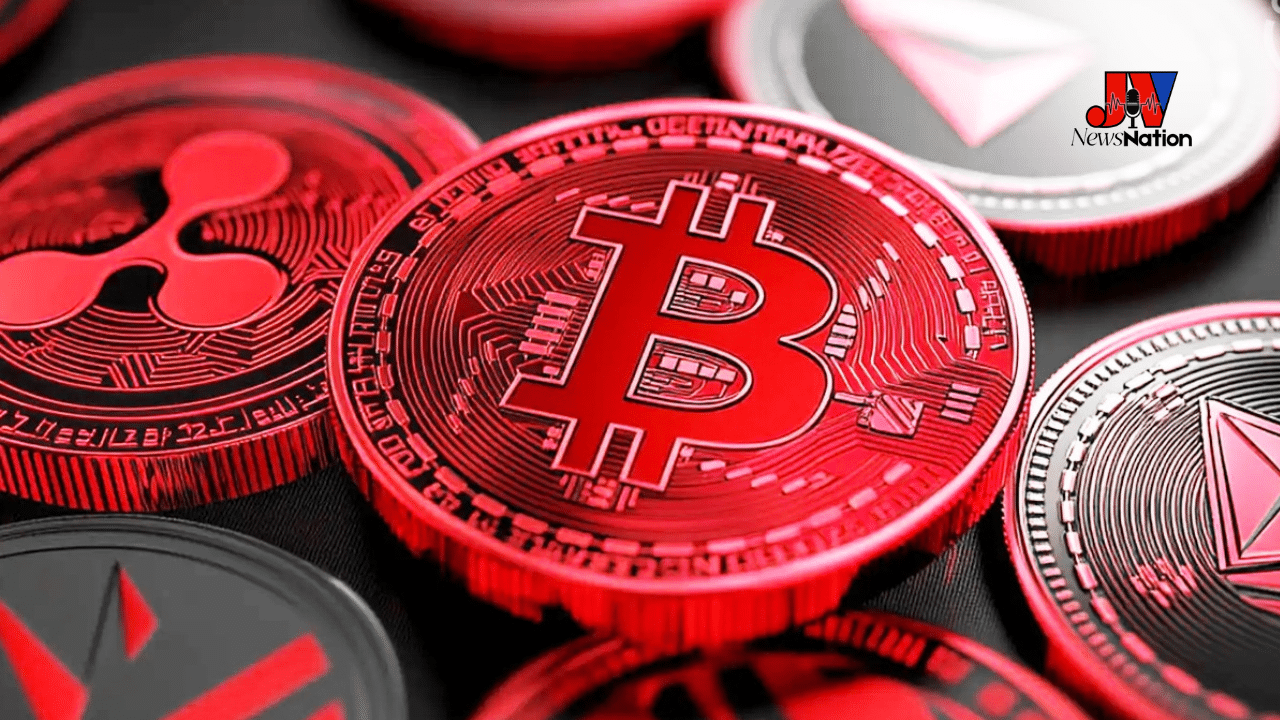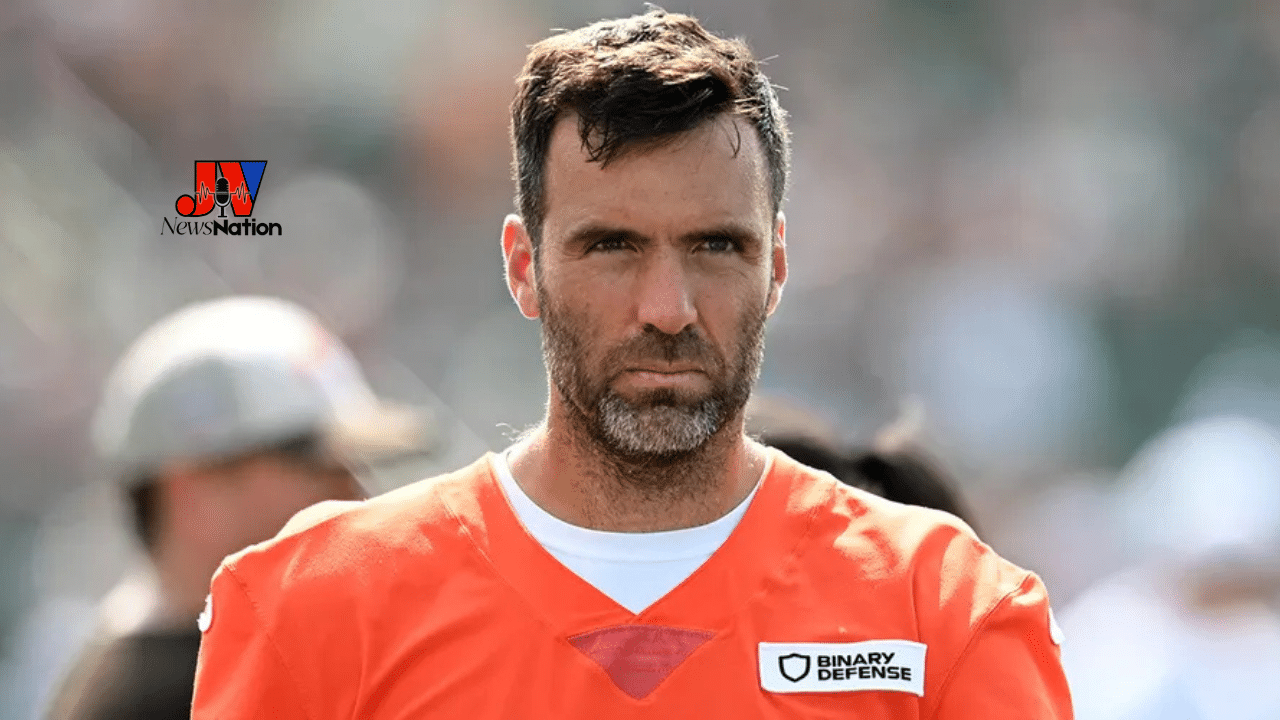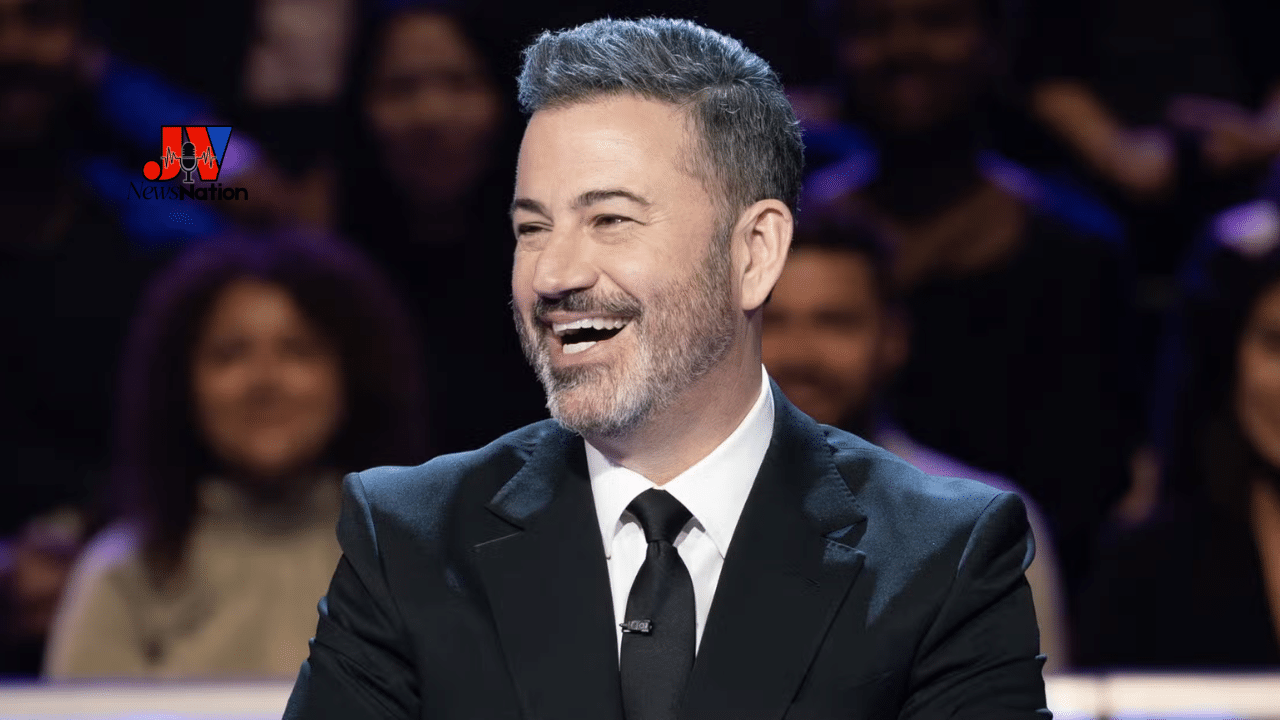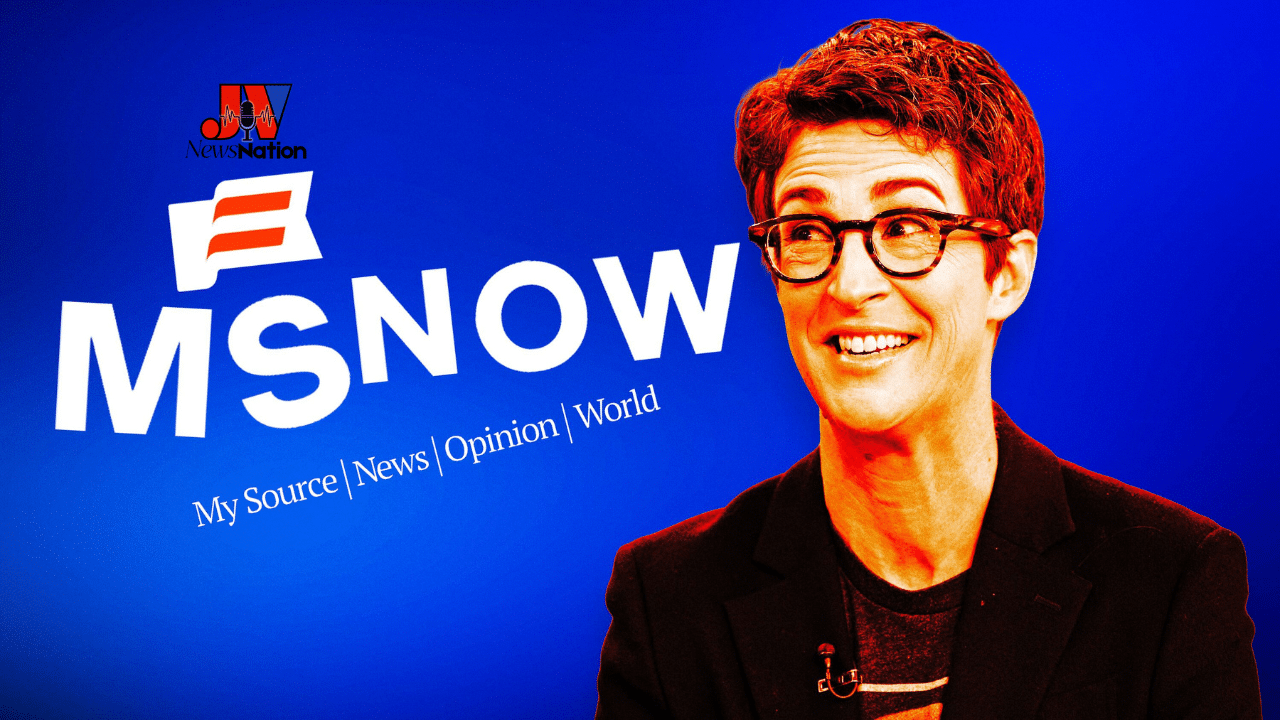Tsunami Alert 2025: Pacific Coast on Edge After Massive Russia Quake
Hey there, it’s JV Charles, your senior editor at JV News Nation, where we bring you breaking news you can trust. July 29, 2025. 8.8-magnitude quake struck Russia’s Kamchatka Peninsula on July 29. The powerful temblor in the Pacific Ocean has generated tsunami warnings across Hawaii and along the coasts of California, Oregon, and Washington, and as far away as Japan. Let’s cut through the chaos and get you the latest on this wild situation, straight from the ground.
Key Takeaways
-
The worst recorded earthquake of 8.8 magnitude hit Petropavlovsk-Kamchatsky city, Russia.
-
Tsunami warnings are out for Hawaii, parts of Alaska, and Northern California, with advisories for Oregon, Washington, San Francisco, Los Angeles, and San Diego.
-
Waves up to 16 feet hit Russia, while Hawaii and Japan are seeing smaller surges, and California expects waves around midnight PDT.
-
Folks are evacuating in Hawaii, Japan, and Russia, with millions told to get to high ground.
-
No big damage or injuries yet, but officials say the tsunami threat could stick around for hours.
A Quake That Changed Everything
Imagine the ground shaking so hard it feels like the world’s falling apart. That’s what happened on July 29, 2025, at 4:25 p.m. PDT, when an 8.8-magnitude earthquake hit 78 miles southeast of Petropavlovsk-Kamchatsky, Russia. The U.S. Geological Survey says it was only 12 miles deep, making it one of the strongest quakes ever, right up there with the 2010 Chile disaster. Aftershocks of 6.3 and 6.9 kept folks on edge, and now the whole Pacific’s watching for tsunami waves.
The Kamchatka Peninsula sits on the Ring of Fire, where quakes are common, but this one’s a game-changer. Gov. Vladimir Solodov is calling it the “biggest in decades” and it’s had everyone from Hawaii to California on edge.
Tsunami Chaos Across the Pacific
Russia: Waves Slam the Coast
In Russia, tsunami waves as high as 16 feet roared into Severo-Kurilsk on Paramushir Island, about 217 miles from the epicenter. Videos show water flooding the port, sweeping boats and debris everywhere. The northern Kuril Islands are under a state of emergency, with power out in parts of Sakhalin. About 3,000 people were evacuated, and while no one’s seriously hurt, a kindergarten in Petropavlovsk-Kamchatsky got banged up.
Hawaii: Folks Running for Higher Ground
The state of Hawaii is under a tsunami warning. The waves arrived at about 7:17 p.m. HST on July 29. Kahului, Maui, and Haleiwa, Oahu, reported four-foot waves, while Midway Atoll was hit with six-foot waves. “This is not a typical wave. It can kill you,” Hawaii Gov. Josh Green said. Ports are closed. Flights on Maui are suspended. In Honolulu and Waikiki, roads are clogged with traffic as people are fleeing to higher ground. The Pacific Tsunami Warning Center says larger waves are possible and the public is advised to stay off the coast.
California: Northern Coast Bracing for Impact
Northern California, from Cape Mendocino to the Oregon border, is under a tsunami warning, expecting waves up to 5.4 feet around 11:50 p.m. PDT. Crescent City, which has seen tsunamis before, is on high alert. San Francisco, Los Angeles, and San Diego are under a tsunami advisory, with smaller waves but risky currents. The National Weather Service is clear: “Don’t go to the beach to watch the tsunami it’s dangerous.”
Oregon and Washington: Keep Off the Shores
Oregon and Washington are under tsunami advisories, with waves up to 1.8 feet expected around 11:35 p.m. PDT in spots like Port Orford and Moclips. Seattle might see minor effects, but the currents could be deadly. No major flooding’s expected, but don’t mess around near the water.
Japan: Millions Head for Safety
In Japan, over 1.9 million people across 21 prefectures, like Hokkaido and Wakayama, are evacuating. Waves up to 2 feet hit Hokkaido and Iwate, but Japan’s weather agency warns of possible 10-foot waves. People are heading for rooftops as nuclear plants, including Fukushima Daiichi, report all is well. 4,000 workers are seeking shelter.
Other Pacific Spots
Tsunami advisories have been issued for the eastern seaboard of the Philippines, with the possibility of only minor sea waves. Guam, Indonesia, Chile, Peru and Ecuador are also on alert, as is New Zealand, where authorities are warning of strong currents. Taiwan and China have since lifted their tsunami warnings after not seeing any major effects.
Why This Matters to You
In my opinion this Kamchatka earthquake that recently happened is one of a Pacific warning. Not to say that some may think it’s too big warning but to say how unpredictable this thing can get. See here at JV News Nation we have shown you various weather events such as tornados, earthquakes, floods and we are not stopping by any means (JV Charles the boss here).This is a reminder I want to give the people of Pacific. Although we are not trying to panic you guys at all we are just trying to give you the breaking true facts you can depend on
What to Do if You’re in the Danger Zone
-
Evacuate Immediately: If you are in a tsunami warning area, go to higher ground or inland. In Hawaii, go to the 4th floor of a solid building.
-
Don’t be a Hero: There is no reason to go to the beach or harbor to watch the tsunami. Take cover.
-
Keep Up with Updates: Check the National Tsunami Warning Center (tsunami.gov) and local officials for the latest.
-
Look out for Further Tsunamis: The Kamchatka earthquake could still generate aftershocks that create more waves.
What Makes a Tsunami So Scary
Tsunamis are different to normal waves-they are the result of large movements in the ocean floor like the one caused by the Kamchatka earthquake. These waves can travel thousands of miles and get way bigger near the shore. The Pacific Tsunami Warning Center uses fancy buoys to track wave sizes, which might start small in deep water but can surge in places like Crescent City, where the coast’s shape makes waves worse, according to the National Weather Service.
FAQs
When’s the tsunami hitting Hawaii?
The first tsunami waves hit Hawaii around 7:17 p.m. HST on July 29, 2025. More could come for hours, maybe bigger ones.
Is California under a tsunami warning?
Northern California, from Cape Mendocino to Oregon, has a tsunami warning with waves up to 5.4 feet expected around 11:50 p.m. PDT. San Francisco, Los Angeles, and San Diego are under a tsunami advisory with smaller waves.
Did the tsunami hit Japan?
Yes, it is correct as of July 30, 2025 that there are 2-foot tsunami waves in Hokkaido and Iwate. Japan’s meteorological agency warns of possible 10-foot tsunami waves.
What is the difference between a tsunami warning and a tsunami advisory?
A tsunami warning means flooding’s likely, so get out now. A tsunami advisory means smaller waves or currents, so stay off beaches.
Is the tsunami warning done?
As of 2:41 p.m. +06 on July 30, 2025, tsunami warnings are still on for Hawaii, parts of Alaska, and Northern California. Advisories are up for Oregon, Washington, and more. Check tsunami.gov for updates.
Stay Safe with JV News Nation
At JV News Nation, we’re all about keeping you in the know with breaking news you can trust. Our years of covering disasters, backed by solid sources like the USGS and National Tsunami Warning Center, mean you get the real deal. Stay safe, keep away from the coast, and check official updates on this tsunami warning mess.
References
-
U.S. Geological Survey (USGS): Quake details.
-
National Tsunami Warning Center: Tsunami alerts.
-
The Guardian: Live tsunami news.
-
BBC News: Evacuation updates.
-
The Washington Post: Wave reports.
-
Al Jazeera: Pacific alerts.
-
The New York Times: Hawaii and California news.
-
Los Angeles Times: California tsunami warnings.



